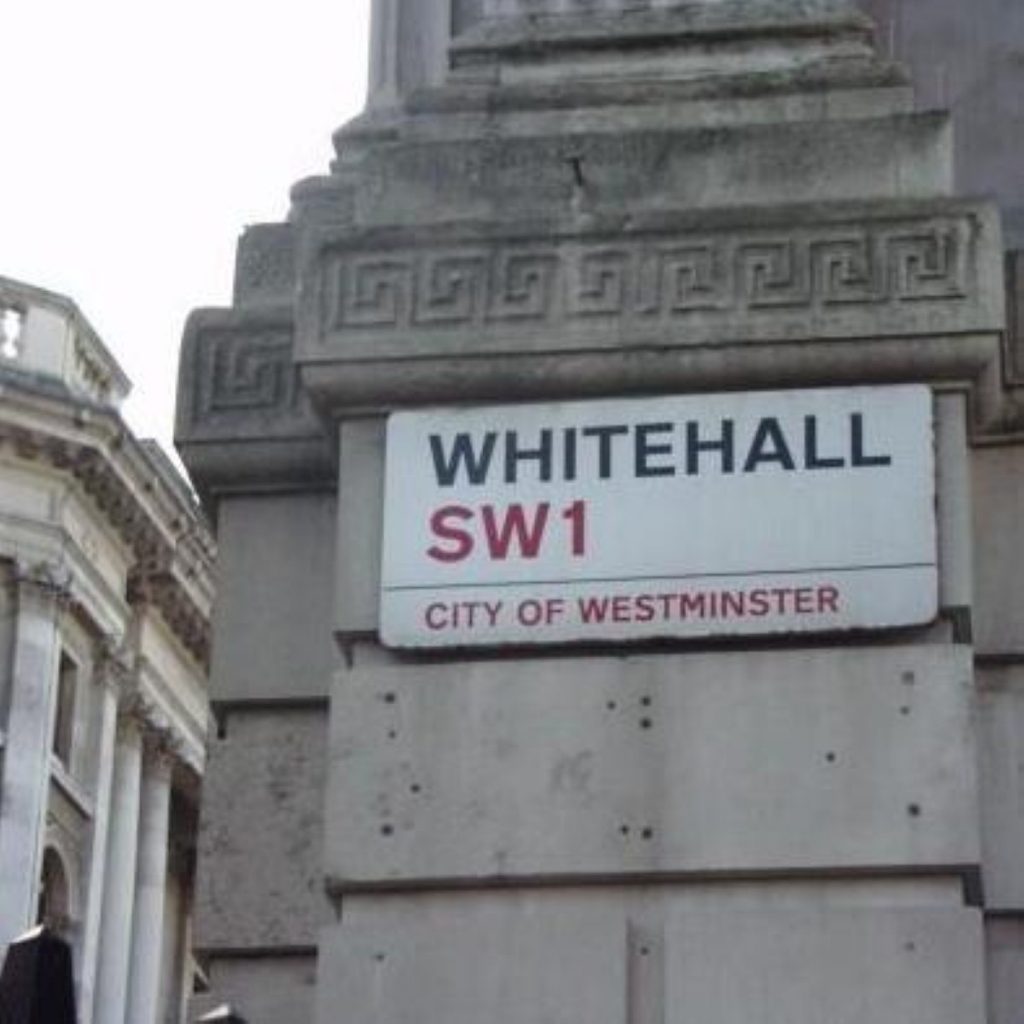Civil servants threaten strike
The Public and Commercial Services Union (PCS) has announced that will strike if the Government caps its members’ pay.
The union has claimed that the Government has a central capping system to limit public sector pay rises despite an agreement reached in the 1980’s that sees departments take responsibility for employee pay.
Public sector pay has risen by more than that in the private sector recently, and this has prompted the Treasury to warn about pay.
With extra public money being spent on services, departments were warned that pay restraint was needed to ensure that money could be spent improving standards, though careers that suffered recruitment problems have seen wages rise to encourage applications.


But despite the call for restraint the Treasury has denied that there is any form of central cap on wages, and has reiterated the agreement that departments determine wages.
Talk of strike has arisen because the Union expect to be offered only 3.7% in a coming pay deal, which though above inflation and average pay rises, would probably be rejected by the union’s 112,000 members.
Shadow Secretary of State for Trade and Industry, Tim Yeo, labelled the strike threat ‘simply unacceptable’ because those dependent on government services would be made to suffer. He also used the announcement as an opportunity to attack tax rises and blame the Government for ‘industrial unrest across the economy’
However, the BBC reports that while the PCS are threatening action over central Government involvement, it is also planning to bring down the independent pay structures of the departments.
It claims to have a number of cases prepared for tribunal in which it will argue that civil servants on the same pay grade should be paid the same wage irrespective of the department they work for.
This might mean removing responsibility for civil service pay from departments and handing it to central Government.

